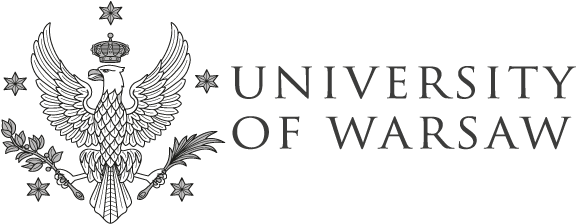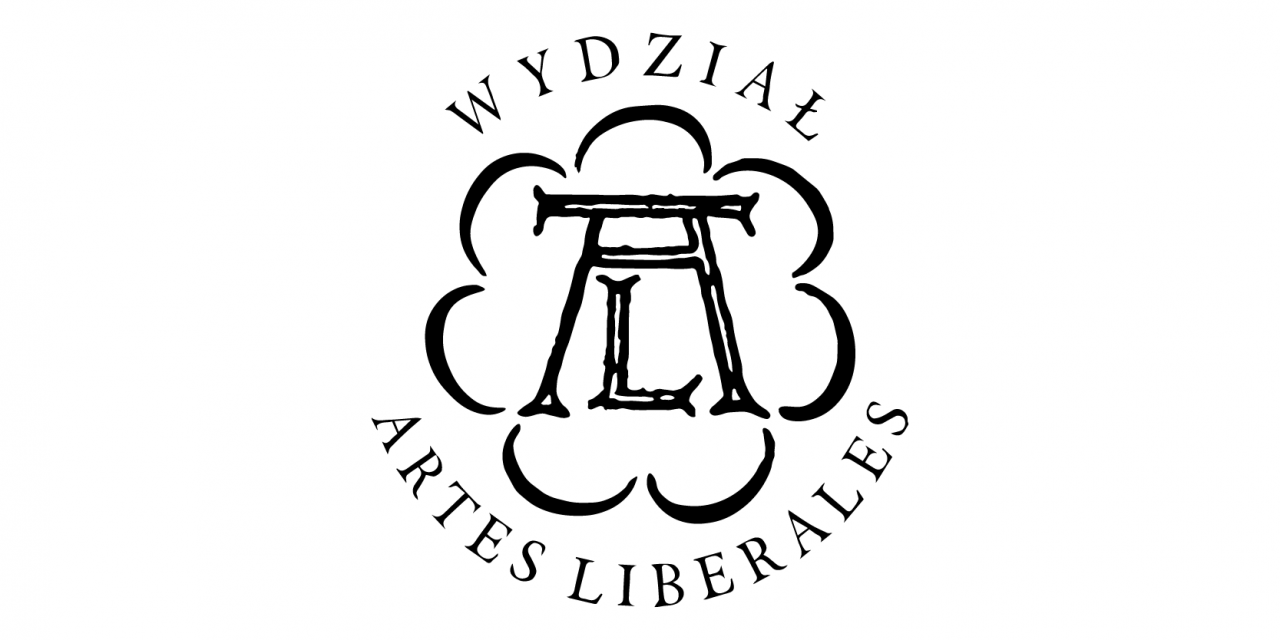15 lipca 2016
Report from Summer School at SOAS in London
Peter Austin conducted several sessions relating to practical issues of data collection, software and workflow, language documentation, revitalization, and data archiving. Tom Castle acquainted participants with scientific standards in terms of producing high quality audio/video documentation. Participants of the school were provided a/v equipment and assigned several practical tasks of making quality recordings in different environments. Gregory Haimovich made a presentation about problems of the lexical modernization of Southern Quechua, the most widely spoken Amerindian language. He demonstrated by examples, what failures usually occur at each stage of the modernization process, and discussed what strategies could help to overcome these failures in current sociolinguistic situation. Tymoteusz Król, Justyna Majerska and Justyna Olkodiscussed current strategy, challenges and success in documenting the Wymysorys language (Germanic) in Wilamowice, Souther Poland. Friederike Lüpke presented the highly multilingual situation found in Casamance (Southern Senegal) and the current state of research conducted there by the Crossroads Project. Dina Mehmedbegovic discussed the current state of multilingualism among school children across the United Kingdom. Jennifer Needs presented the case of language revitalization of the Welsh language (Celtic) in Wales. Justyna Olko, John Sullivan and Abelardo de la Cruz covered the state of the art in efforts to revitalize the Nahuatl language (Uto Aztecan) in Mexico. Julia Sallabank focused her attention on language revitalization in terms of new speakers of endangered languages, researching languages attitudes, speaker identities, and language policy. Candide Simard and colleagues presented their work with the Sylheti language (Eastern Indo-Aryan, Bangladesh) community in London. Participants of the school had the opportunity to learn Sylheti basics from a native teacher of the language and practiced collecting language data from Sylheti speakers from the community. Birgul Yilmaz discussed her research into Kurdish language and identity.
In addition to the presenters, the participants of the school consistently engaged the group in discussions with varying perspectives from their different areas of study and academic backgrounds. In the afternoons, the participants were afforded the opportunity to utilize SOAS library and lab equipment and many made fruitful use of these resources.
There was also a rich social program surrounding the summer school. On Friday afternoon, participants had a break from lectures and were treated to the award winning documentary film Kanraxel: the Confluence of Agnack, which covers the multilingual setting in Casamance as villagers prepare for a large celebration. On Saturday, there was a walking tour with a Sylheti guide. We started in Altab Ali Park, which, as our guide explained, is symbol of resistance against racism and is associated with the struggle for human rights in defense of British Bangladeshis. Then we went along Brick Lane, main street of Bangladeshi community area. After the tour, we had a delicious curry lunch in a local Bangladeshi restaurant. In addition, several late afternoon drinks were organized. Participants also had the evenings to socialize with each other and explore the Londons tourist attractions, shopping, pubs, restaurants, parks and more.
All in all, the EngHum summer school was a lovely experience and the exchange of knowledge and ideas was rewarding for all involved.
Bob Borges






